How Academic Historians can be Useful to K-12 Teachers
NCHE
MARCH 25, 2024
Some of those articles are written for mass-market publications, while others focus on specific topics and outlets ranging from nursing to Black culture to material artifacts. This writing tends to be engaging, brief, and pointed, relating history to current concerns, and spanning political perspectives.

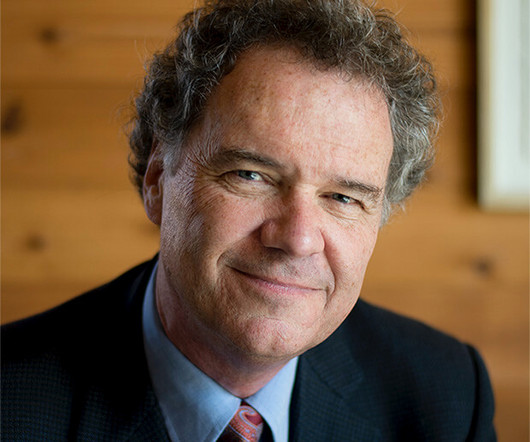
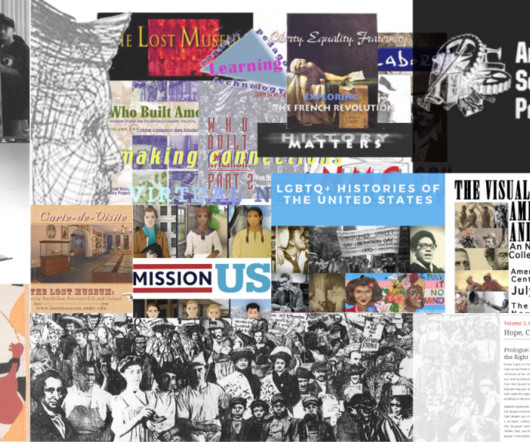



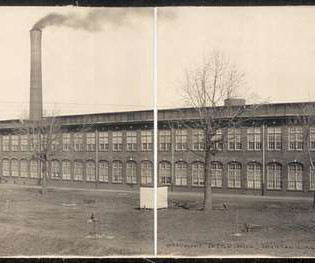
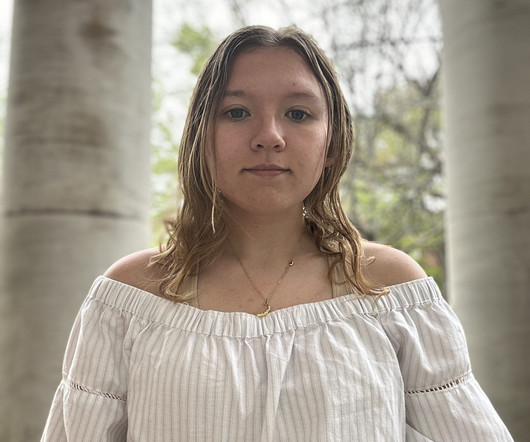
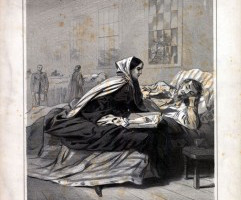


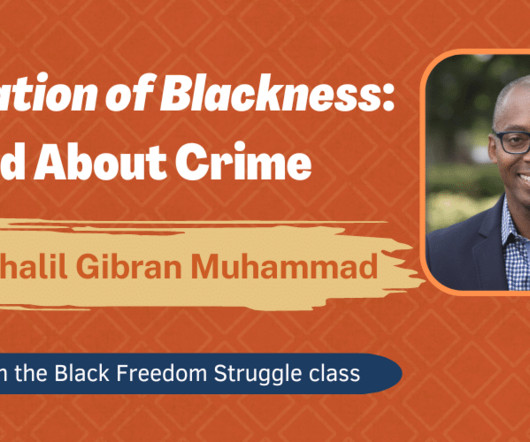


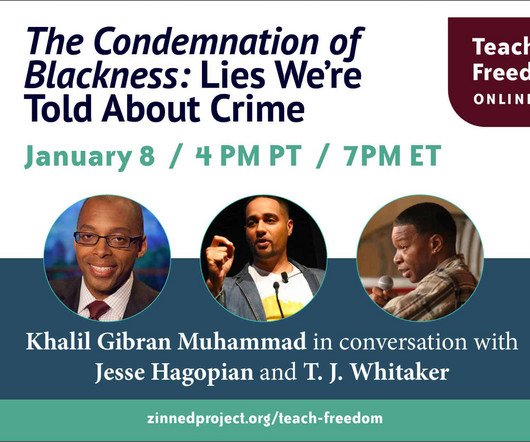






Let's personalize your content